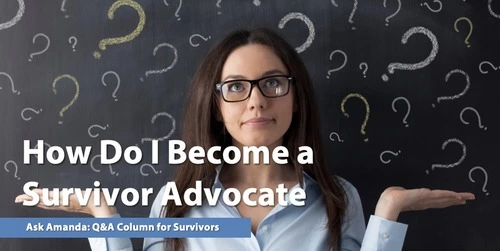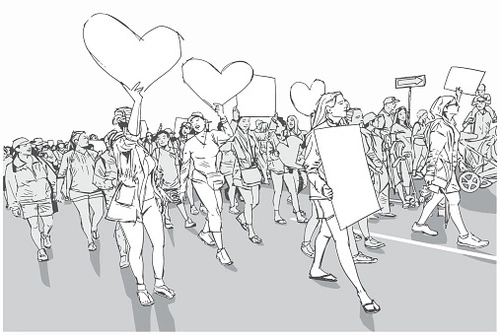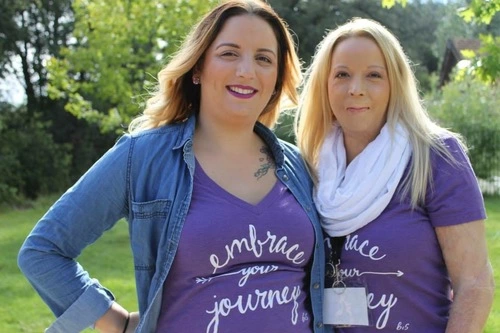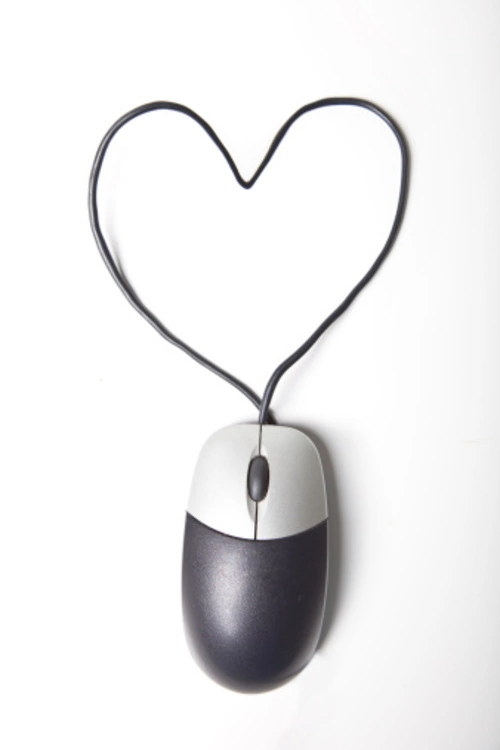1. Select a discrete app icon.

notes
Domestic Violence Doesn't Take a Holiday
Survivors can face an increased risk during the holiday season
- Dec 15, 2014

This year, as you hang the twinkling lights and decorate your mantel with sprigs of holly, remember that not everyone has gotten the message that it’s a season of peace. Unfortunately, the holidays can be an even more dangerous time than normal for those at risk for domestic violence.
From the financial stress of gift buying to an overall increase in alcohol consumption, to a flurry of emotions—and sometimes stress—that accompany a plethora of family togetherness time, there are many reasons why the chance of intimate partner violence can increase during the holidays.
A 2005 study that reviewed police incident reports in Idaho found that New Year's Eve and New Year's Day were dates where total domestic violence reports were higher than the normal daily average, while on Christmas Eve and Day there were drops in the number of reports. The National Domestic Violence Hotline reports a five to 25 percent decrease in calls throughout the holiday season (Dec. 15 to Jan. 1), differing from the Idaho study somewhat, followed by a five percent uptake in calls after the holidays.
Whether survivors don’t want to disturb family cohesiveness on these days, or can’t find a private time to make a call for support, advocates say the decline in calls isn’t necessarily an indication that violence ceases on these days, reporting that calls will often increase above normal levels the days and weeks following a holiday. Many times, say advocates, survivors of abuse don’t want to disturb family rituals or separate children from their family during a holiday, regardless of abuse that may be occurring.
What can you do? If you’re currently with an abusive partner, reach out to a trained domestic violence advocate—you can find one near you by entering your city or ZIP on our Find Help page. And, remember, you don’t need to figure out an escape plan right away—you can simply call to talk. If you can’t call safely from home, call from a trusted friend’s house, your doctor’s office or a public library.
If you suspect someone in your life is the victim of an abusive partner, watch for red flags, such as possessiveness, rigid gender roles, and overt control of deliberately humiliating one’s partner in front of others. To support a victim, The Hotline advises friends and family members be non-judgmental and supportive.
“Don’t tell them what they need to do. Don’t badmouth the abuser. It’s also important to remember that friends and family should take precautions to make sure they remain safe. Sometimes when word gets back to the abuser that a friend or family member is offering advice or asking questions about the abuse, they could be putting themselves in danger.”
Looking for someone to speak with? Enter your location to find phone numbers for domestic violence experts in your area.
Have a question about domestic violence? Type your question below to find answers.








